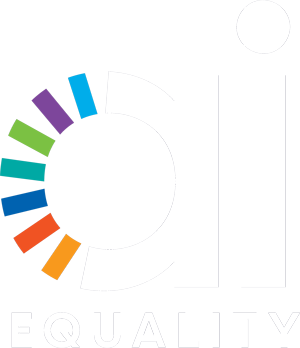The increasing adoption of automated employment decision tools (AEDTs) in hiring practices has prompted a wave of new regulations aimed at ensuring fairness and mitigating potential biases. As these tools become more prevalent, employers must navigate a complex and evolving legal landscape to ensure compliance and ethical use of AI in the hiring process.
The New York City Law: A Landmark Regulation
The New York City Local Law 144, effective since July 5, 2023, is a groundbreaking regulation in the realm of AEDTs. It mandates that employers using AEDTs for hiring or promotion decisions must conduct annual bias audits to ensure the tools do not discriminate based on race, ethnicity, sex, or any other classification identified by relevant federal regulations. Additionally, employers must notify candidates about the use of AEDTs and provide them with the option to request an alternative selection process or accommodation. This law sets a precedent for other jurisdictions and underscores the growing importance of transparency and accountability in AI-powered hiring.
Illinois’ Artificial Intelligence Video Interview Act: Protecting Candidate Privacy
The Illinois Artificial Intelligence Video Interview Act focuses on protecting the privacy and autonomy of job candidates during AI-driven video interviews. The law requires employers to obtain consent from candidates before recording or analyzing their video interviews using AI. It also mandates that employers inform candidates about the specific traits or characteristics the AI tool will assess, and how the AI will use the interview data. This law emphasizes the need for informed consent and transparency in the use of AI in the hiring process.
California’s Fair Employment and Housing Act: Broadening the Scope
While not specifically addressing AEDTs, California’s Fair Employment and Housing Act (FEHA) has potentially broad implications for their use. FEHA prohibits discrimination in employment based on protected characteristics like race, gender, and age. This means that employers using AEDTs must ensure that their tools do not perpetuate or amplify biases against protected groups. Compliance with FEHA requires a thorough understanding of potential biases embedded in AI algorithms and proactive measures to mitigate them.
Emerging Trends and Best Practices
As AI technology continues to evolve, so will the regulatory landscape surrounding AEDTs. Employers must stay abreast of emerging trends and best practices to ensure ongoing compliance. This includes collaborating with experts in AI ethics and fairness, conducting regular compliance audits and risk assessments, and prioritizing transparency and accountability in their AI-powered hiring processes.
A Focus on Fairness and Equity
The growing body of regulations governing AEDT use reflects a broader societal concern about fairness and equity in the workplace. As AI increasingly influences hiring and promotion decisions, ensuring these tools are free from bias and discrimination is crucial. Employers who emphasize and practice fairness and transparency in their AI-powered hiring processes will be able to comply with regulations, which will build trust with candidates to create a more inclusive and diverse workforce.
Navigating the Path to Compliance
The path to AEDT compliance can be complex and challenging, but it is essential for employers who want to leverage the benefits of AI while upholding ethical and legal standards. By understanding the key regulations, mitigating bias, and prioritizing transparency, employers can successfully navigate the evolving landscape of AI-powered hiring.
AIEquality: Your Partner in AEDT Compliance
At AIEquality, we understand the complexities of AEDT compliance. Our experts can guide you through the intricacies of these regulations and help you implement fair and equitable AI-powered hiring practices. Contact us today to learn more about how we can support your organization toward ethical and compliant AI use in hiring.

